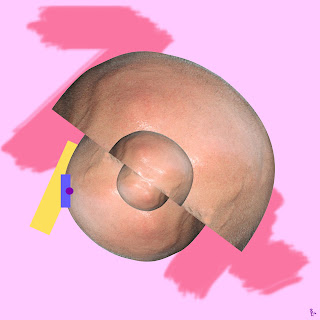Search This Blog
Explorations and Investigations with original comics, sketches,ideas and more. ( content by: Dieter Geisler ) www.dietergeisler.com
Posts
Showing posts from March, 2016
Sorry, but you say sorry too much
- Get link
- Other Apps
Name Calling: No more emotional manipulators
- Get link
- Other Apps



